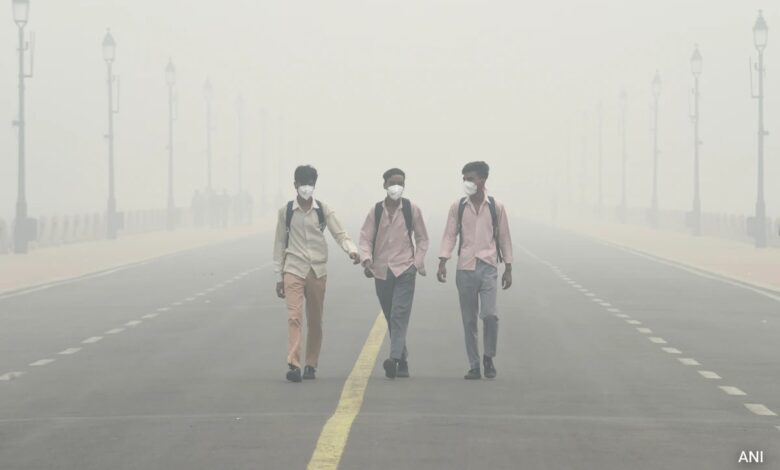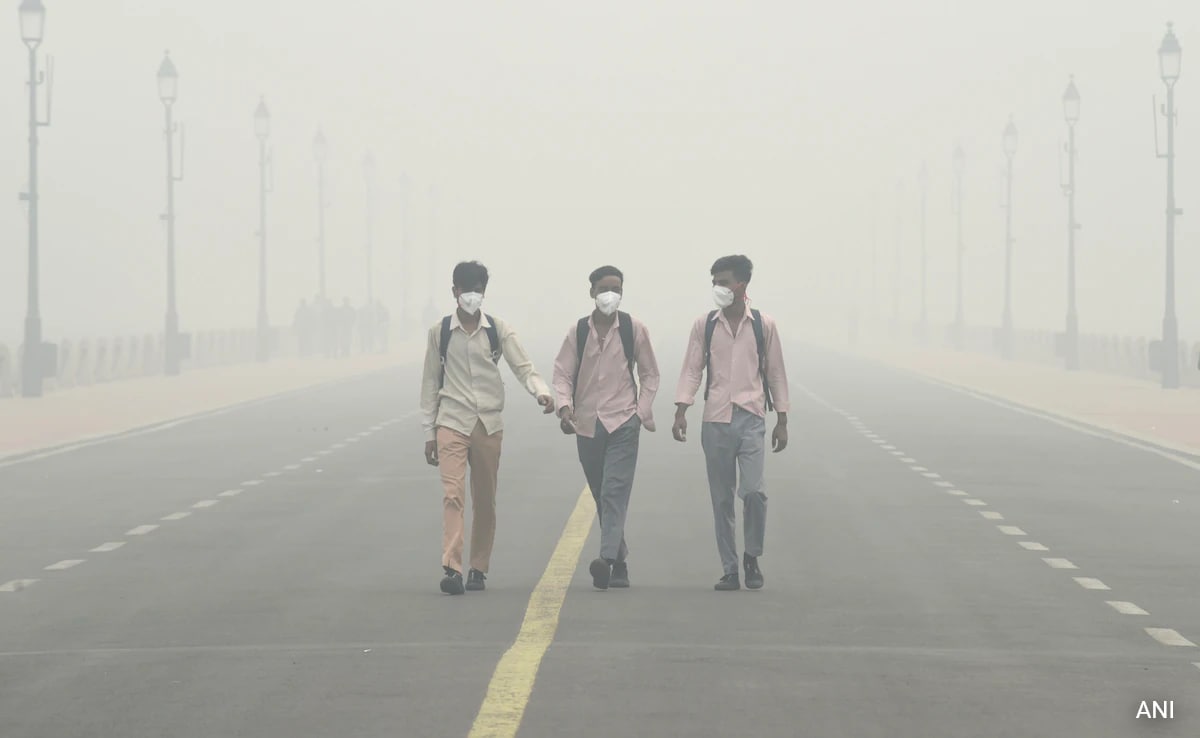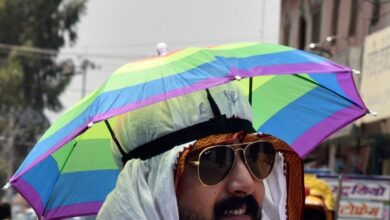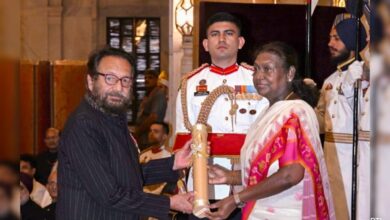Delhi’s Air Pollution Situation Is Like A Bad Marriage


We, the people of Delhi, are in a bad marriage with the city. This marriage is beyond redemption, but both parties dither in calling it quits. Because calling it quits brings not only pain but also an acknowledgement that we made a mistake. So, we carry on with the burden of our past mistakes on our fingers only to dig our claws deeper into each other’s skin.
On a ‘good’ day, such as today, the AQI reading in Delhi is 407. We are jubilant at the sickly sunshine trickling through the slightly dissipated smog. At least it’s not 1600. At least s/he isn’t hitting me in the face. We are so used to the drama of this destructive toxicity that we are scared of the lack of drama. Our lungs get into a shock when we are exposed to clean, crisp air the way we feel threatened by a love that does not thrive on contractual power dynamics. We are instinctively scared and suspicious. We seek beauty in the haze of smog exactly how we find comfort in the seeming stability of a marriage.
This beauty and this stability are enough to kill us a hundred times over.
Pollution, Marriage And Class
Resorting to generalisations, there is a class-defined perception of pollution of both marriage and air. While the rich keep discussing it ad nauseam from the relative comforts of their homes—with airconditioning and purifiers cranked up to max—the poor have no such luxury. In fact, they light a fire to keep them warm. The results are the same.
The rich have the luxury of getaways and vacations to lull them into thinking that it’s not that bad. Or that it’s temporary. The poor have their fatalism going for them. What’s even the point of complaining when everything is awful anyway? This is us. This is how it is. This is how we live and die. The poor also mimic the rich without the safety net.
A recent report claims that there’s no Delhi household without at least one member suffering from a pollution-related ailment. There are about 200 listed marriage counsellors in Delhi. The unlisted number could be even higher. And then there is the bevvy of family and friends who are ever so ready with their advice. There are at least 10,000 divorce lawyers in the city. You get the gist. Yet, it’s a good day today.
It’s very easy to blame the ‘other’ for when things get ugly. It’s the farmers of Haryana and Punjab. No, it’s the automobiles in NCR. It’s the other woman. Are you crazy? It’s her nosy family, silly. It’s her. It’s him. It’s them. It’s never me.
Shifting Goalposts
We decide to GRAP-ple. We find new goalposts, we shift the old ones. “This is reasonable. At least today is better than yesterday.” And we fall into the old patterns when the obvious disasters, the 1600 AQI, come down to the ‘reasonable’ limits of 450. We go back to keeping up the pretences for ourselves and others. We even celebrate with outdoor brunches.
We want somebody else to “fix” everything. We look at forces larger than us. God and government. Neither is interested in fixing anything. Governments and corporations have vested interests in maintaining the status quo because the alternative is inconvenient. Just as acknowledging a troubled marriage in the family is inconvenient. Turning a blind eye suits everyone.
But there are children involved, too. Oh, they will be fine. They need this. They need a good school. They need opportunities. They need stability. Stability. They’ll grow up as ‘stable’ people from ‘stable’ families. The outside world is dirty anyway. They need not breathe in it. Let’s buy them screens to shield them. Let’s settle.
We’re Culpable, Too
The resilience of the human body is unmatched. We get used to every horror if exposed long enough to it, from bad sex to bad air. It’s not a good thing. It stops us from seeking change. We seek and demand change only when we can’t bear it and our body gives up. But in most cases, it’s too late by then.
We have the laws on our side to protect us. We don’t know how to get them to protect us. Because that needs work. But, before that, an honest admission is needed: we have been living out our mistakes. We are enablers. We are culpable, too.
We’ll keep burning stubble, sex, and dirty sources of power.
We’ll keep constructing and deconstructing—villas, slums, dreams and demons.
What we’ll not do is upset the apple cart. Because we are taking it one day at a time. Because in the end, we are all dead.
(Nishtha Gautam is a Delhi-based author and academic.)
Disclaimer: These are the personal opinions of the author




